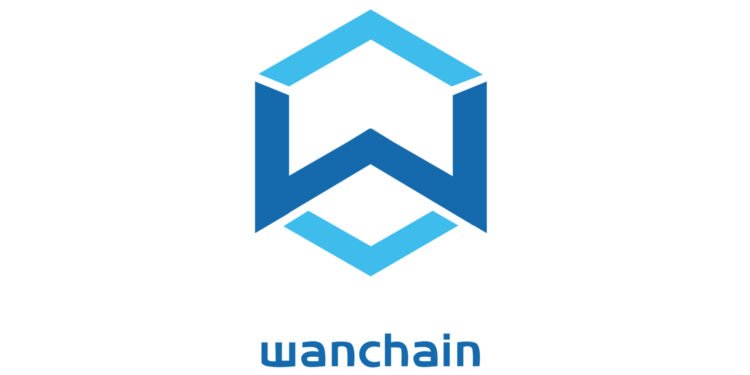A blockchain interoperability forum and decentralized finance (DeFi) protocol named Wanchain Foundation has announced the launch of its USDT XFlows product on Polkadot through Astar. Astar is a decentralized and scalable blockchain. It added that the cross-chain native-to-native USDT transactions are currently available on Arbitrum, Tron, Polygon, Polkadot (through Astar), OKC, Ethereum, BNB Chain, and Avalanche C-Chain.
Wanchain Releases USDT XFlows on Polkadot through Astar
In its latest blog post on Medium, Wanchain noted that blockchain technology counts as a wonder that offers decentralization. Blockchains establish a diverse field of exclusive networks that are distinctively based on their separately structured objectives, consensus mechanisms, as well as technical architectures. This diversity is admirable, yet it obscures the already complex challenge of interoperability.
Nonetheless, the platform mentioned that this challenge pushes just those entities which are devoted to developing an interconnected, seamless, as well as broad-scale blockchain network. As per Wanchain, achieving interoperability across the blockchains is not a simple task. It said that the respective endeavour is collective. According to the company, blockchain technology’s complete potential can just be unlocked via the combination of diverse approaches.
Keeping this in view, Astar and Wanchain have started a collaboration. As included in this partnership, the platforms have mutually declared to formally launch the exclusive USDT XFlows product on Polkadot. While elaborating on the latest product, Wanchain disclosed that USDT XFlows is known as a cross-chain decentralized solution.
Exclusive Blockchain-Interoperability Solution Enables Easy Transfer across Blockchains
It permits the blockchains to carry out cross-chain native-to-native transactions between them with the USDT tokens minted natively by Tether (the stablecoin issuing platform). In the words of Wanchain, the unique solution utilizes cross-chain bridges of Wanchain for the provision of non-custodial and convenient transactions across blockchains. Additionally, for this, there is no requirement for any centralized exchange platforms.























